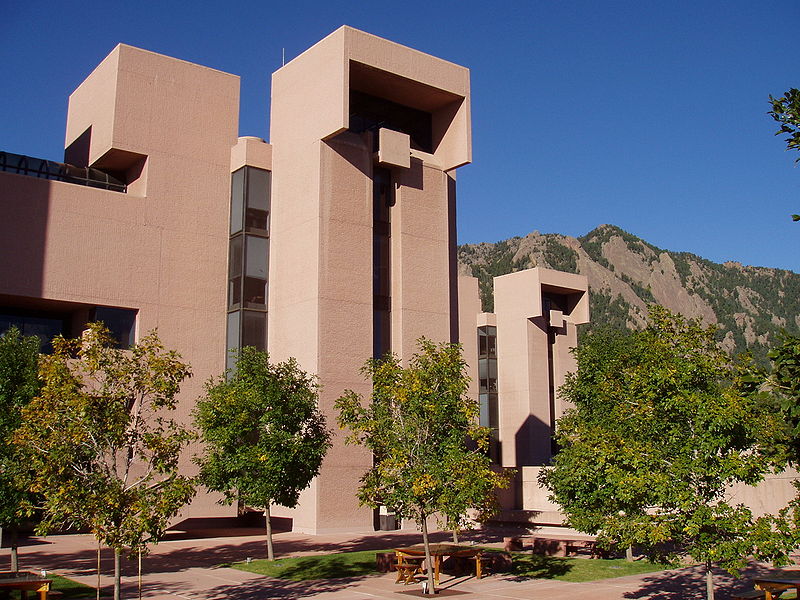Geography grad student Rodrigo Bombardi was among the twenty-three early career and young scientists selected for recognition for their outstanding presentations at the World Climate Research Programme (WCRP) Open Science Conference in Denver on Monday, October 24. According to its web site, “The daily competition for the best posters and papers presented by young researchers pulls from approximately 120 presentations each day. Conveners carefully evaluate posters and talks by young scientists in their sessions, taking into account both scientific content and presentation technique. Winners receive high marks in categories such as originality and creativity of their approach and the organization and logical structure of their argument. Prizes for these distinguished presentations include memberships to the American Geophysical Union and the European Geosciences Union, and five overall winners will receive iPads” (unfortunately, Rodrigo wasn’t among the top five).
The four day Open Science Conference was designed to provide an opportunity for leading scientists from across a large number of disciplines from the physical social, and information sciences to discuss how to work together to advance understanding and prediction of variability and change in the Earth’s climate system, from seasons to centuries and from regions to the entire globe. The key goals of the conference included: appraising the current state of climate science in preparation for the next assessment of the Intergovernmental Panel on Climate Change (IPCC) as well as upcoming assessments of freshwater resources, ecosystems, and biodiversity; Identifying key opportunities and challenges in observations, computer modeling, and analysis to advance understanding and prediction of Earth’s climate system, and provide the scientific knowledge in a useful way to decision makers; discussing the interdisciplinary research that is required to understand and predict the planet’s response to climate variability and change, including the socioeconomic implications of such responses (source).
Rodrigo’s research, coauthored by Leila Carvalho, was titled “The Impact of South Atlantic Sea Surface Temperature on Summer Precipitation in Central-Eastern Brazil,” and had the following abstract: “The sea surface temperature of the South Atlantic Ocean is responsible for significant changes in the characteristics of the rainy season (i.e., onset, duration, accumulated precipitation) over central-eastern Brazil. Above (below) normal temperatures over the tropical South Atlantic region combined with below (above) normal temperatures over the extratropical South Atlantic are associated with late (early) onset, shorter (longer) duration, and below (above) normal precipitation. The purpose of this study is to present some of the mechanisms associated with the impact of the South Atlantic Ocean sea surface temperature (SST) anomalies on the climate of central-eastern Brazil. This study has two components: observational analysis using satellite derived precipitation and sea surface temperature and regional climate simulations performed with BRAMS (Brazilian contributions to the Regional Atmospheric Modeling System – RAMS). Warm (cold) tropical sea surface temperatures over the tropical South Atlantic weaken (strengthen) the temperature gradient between land and ocean and, consequently, reducing (increasing) the moisture transport towards the continent. This research is expected to improve our understanding of the role of the South Atlantic Ocean in the variability of the South American Monsoon and contribute in improving predictive capability for its future evolution.”
Rodrigo was impressed at how smoothly the conference ran and noted that it “also had some activities to foster networking, like a breakfast only for students and a lunch only for early career scientists. For the first time in my career, I felt like making connections with other students that might not only become friends but also collaborators.” He also took time out to smell the roses: “We were fortunate to see the first snowfall of the season, and we had a trip to the National Center for Atmospheric Research in Bolder, which, in my opinion, is the most famous center for us atmospheric aficionados (read geeks). On the Saturday before the conference, there were protests (Occupy Wall Street) and also a bunch of Zombies walking around 16th street (the Denver Zombie Crawl). In summary, it was a very busy yet productive week. I had a blast!”





